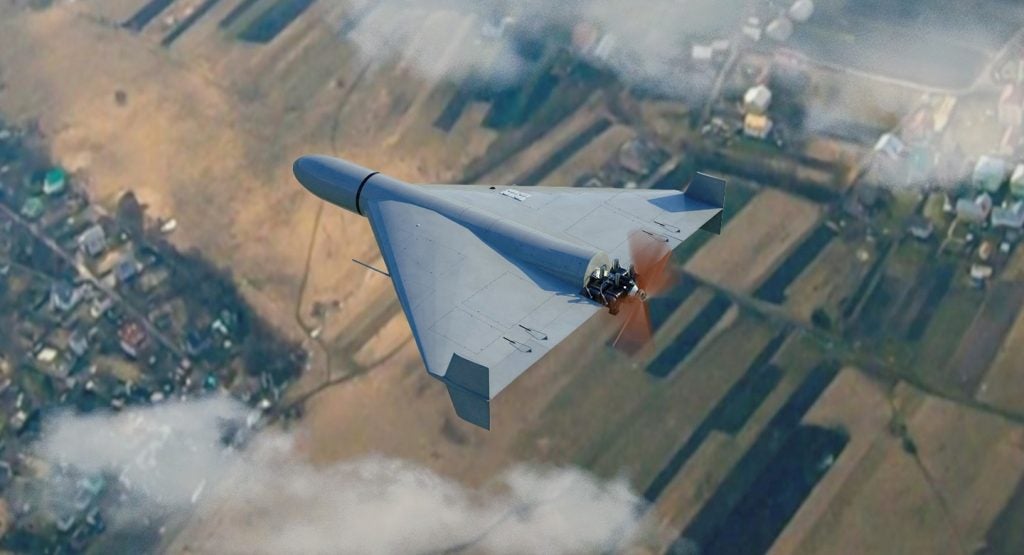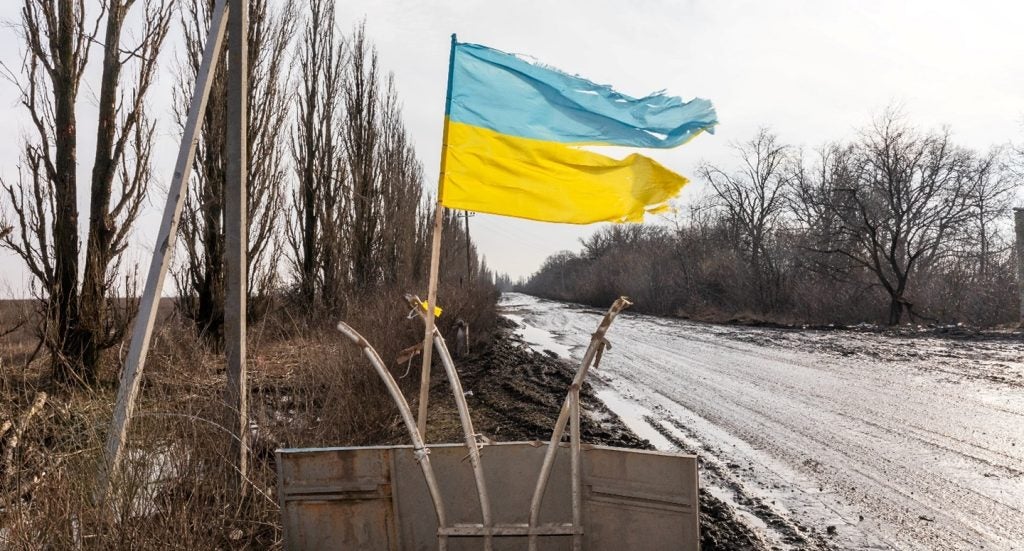The region is home to a third of the world’s supply of liquefied natural gas, and has an estimated $1tn worth of rare minerals, with Russia drawing 20%-24% of its GDP from the region. However, as ice melts in the Arctic at two to three times the normal rate due to anthropogenic climate change, it has become easier to extract natural recourses and establish the North Sea Route (NSR) and North West passage.
The rise in economic and geopolitics importance has led to an increase in attention and several countries wanting to secure access to land and resources in the Arctic region. Since 2014, Arctic countries have been focusing more on the region in their planning and operations. Russia has created its Northern Fleet Joint Strategic Command, refurbished old airfields and infrastructure in the Arctic, and is establishing new military bases along its Arctic coastline, and repopulating the region by offering 2.5 acres of land free for five years.
In August 2018, the US Navy reactivated the Second Fleet to support North Atlantic and Arctic operations after being deactivated in 2011; the Department of Defense (DoD), the navy, the airforce, and the coast guard have all issued Arctic strategy documents in 2019 and 2020. Denmark established the Joint Arctic Command for Greenland and the Faroe Islands to improve Danish military presence and capability in the Arctic, with investment into long-range and surveillance drones in Greenland costing $245m.
Other Arctic countries and some Arctic Council Observer States, particularly China, aim to increase their footprint in the region and enhance their military capabilities. One way China is increasing their presence is by extending the Belt Road initiative to create the Polar Silk Road initiative by 2025, which will enhance maritime trade but is disputed by NATO and Arctic countries. For example, America is attempting to create an alternative to the Belt Road and political strains between China and both Canada and Sweden have prevented either government signing on the Belt Road initiative.
In a meeting on the 18th June 2021, Presidents Biden and Putin discussed how to maintain the Arctic as a place of cooperation rather than conflict. Putin described the area as a ‘zone of understanding’. However, in recent years Russia has stated that it views the NSR as a national transport corridor, not an international water way.
Chloe Glynn, intern at GlobalData, comments: “Presence is power in the Arctic, and the imminent need for political agreement surrounding the rights to the North Sea Route and North-West Route is paramount to future stability in the region. This will form a foundation for future legislations over who owns which part of the region and its resources.
“While the presence of China and the increase in military activity in the Arctic is threatening to other states in the region; China has and still are interested in being politically involved in legislations and treaties. While the involvement and activity of all states should be monitored in the Arctic, as long as interested states are involved in the Arctic Council or similar International Government Organisation and conform to the agreed boundaries and policies a further increase in tension could be prevented.







